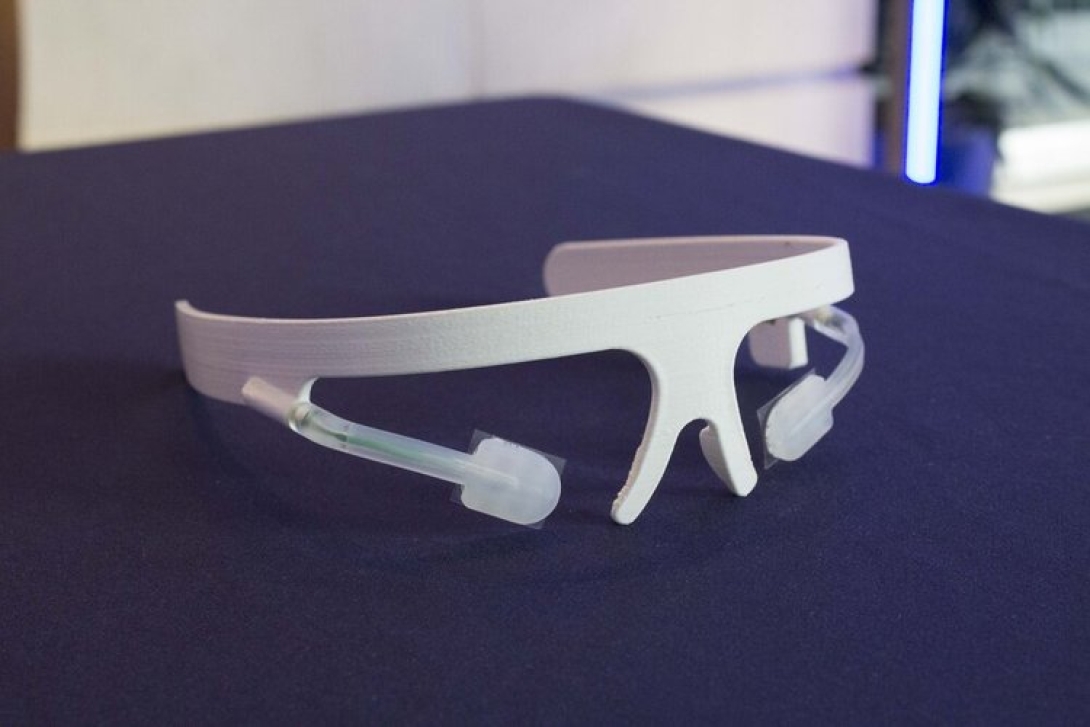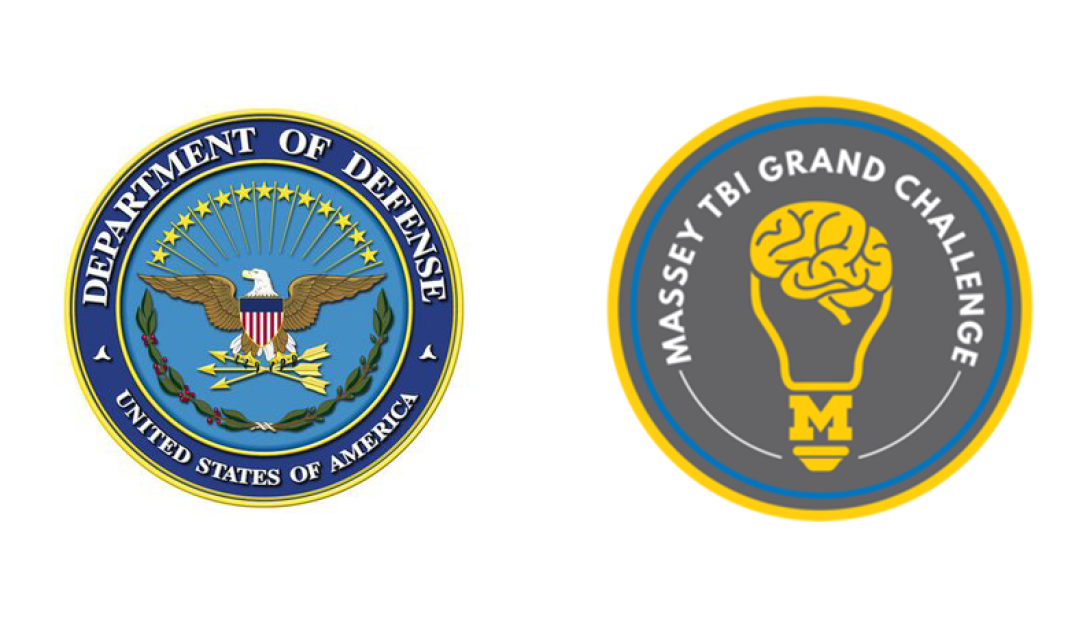TOBI uses non-invasive electrical bioimpedance and ultrasound in a novel manner that evaluates intracranial pressure and monitors cerebrovascular autoregulation (CAR), one of the most important neuroprotective processes of the brain.
Value Proposition
The ability to monitor and manage Intracranial Pressure (ICP) following Traumatic Brain Injury (TBI) is critical. Trans-Ocular Brain Impedance (TOBI) is a compact wearable device that uses electrical bioimpedance and ultrasound to not only evaluate ICP but to also monitor cerebrovascular autoregulation (CAR), one of the most important neuroprotective processes of the brain.
Competitive Advantage
This technology is non-invasive, does not require an experienced operator, and is compact in size, meaning it can be used by caregivers across all echelons of care. TOBI could provide valuable early information on CAR to help inform the diagnosis and treatment of TBI.
Non-Invasive
Compact in Size
Unique Features
Non-Invasive
Compact in Size
Used at the scene and other non-surgical environments
Transportable

Each year in the United States, an estimated 1.7 million people sustain a traumatic brain injury and 795,000 suffer a stroke. In addition to monitoring these injuries, TOBI can be used by caregivers across early echelons of care to monitor other illnesses such as cardiac arrest, sepsis, and any illness where failure to maintain autoregulation can result in severe neurologic impairment.
Contact New Vital Signs for more information about investment and partnership opportunities.

Image courtesy of project team
$1,871,486 in non-dilutive funding
2015 $106,262 2015 Massey Grand Challenge
2017 $130,565 Massey Grand Challenge
2017 $1,481,538 DOD
2020 $153,121 Massey Grand Challenge
Substantial additional departmental, school and center based support

This work is supported by the Office of the Assistant Secretary of Defense for Health Affairs through the JPC-6 Combat Casualty Care / Defense Medical Research and Development Program under an assistance agreement from the U.S. Army Medical Research Activity, Award No. W81XWH-18-1-0005.